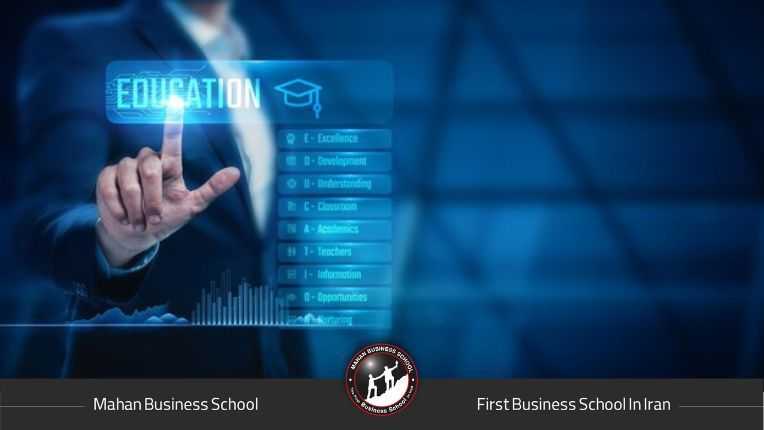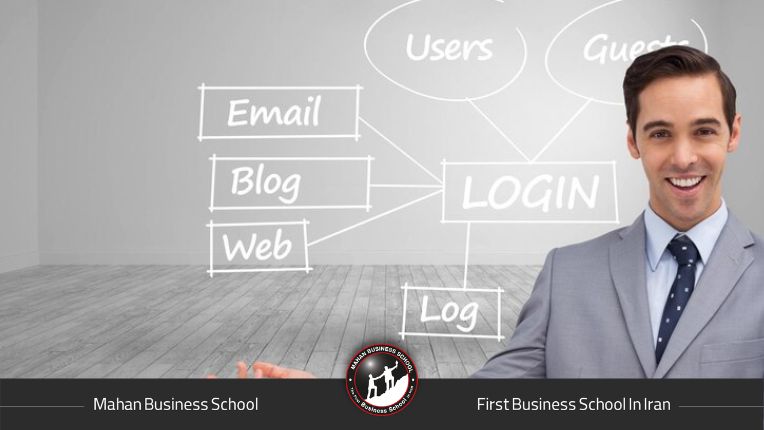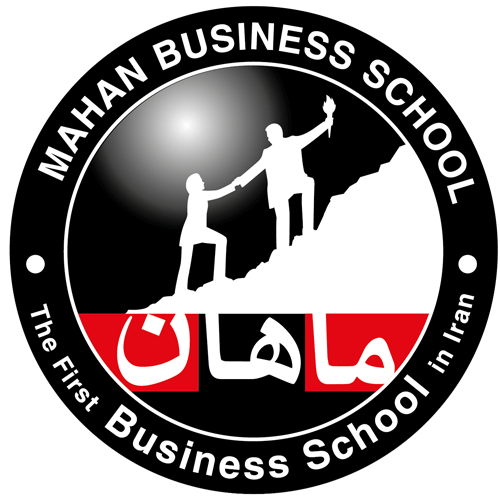
- Graduates, managers, entrepreneurs, and senior professionals with significant work experience (typically over 5 to 10 years)
- Those who are currently in managerial positions and wish to enhance their knowledge and professional network
- Objective:
- Developing leadership skills, strategic decision-making, and organizational change management
- Focus on participants’ real-world experiences and knowledge exchange among managers from diverse backgrounds (not limited to management)
- Individuals with limited to moderate work experience (1 to 5 years)
Objective:
- EMBA is suitable for:
Managers, entrepreneurs, and senior professionals with extensive work experience (typically over 5 to 10 years) - Those who are currently in managerial positions and wish to enhance their knowledge and professional network
- Objective:
- Developing leadership skills, strategic decision-making, and organizational change management
Simply put, if an MBA is a gateway to management, an EMBA is a stepping stone to executive leadership.
Who is an Executive Manager?

An Executive Manager is someone who, in addition to having a broad organizational perspective, possesses the ability to make swift decisions and lead teams. They should be able to:
- Implement the organization’s strategies.
- Make key financial and investment decisions.
- Serve as a liaison between middle managers and the board of directors.
- Translate the organization’s long-term vision into actionable short-term plans.
- In fact, the EMBA program is designed to cultivate such managers.
Executive Management Specializations
One important aspect of the EMBA is that it offers a variety of specializations. Depending on the university or educational institution, the following specializations may be available:
Exploring the Applications of Artificial Intelligence in Organizational Decision-Making
Big Data Analysis for Performance Improvement
Digital Transformation and Future-Oriented Business Strategy

In this program, managers learn how to analyze complex data, make critical decisions, and respond effectively in crisis situations.
One of the greatest benefits of an EMBA is the opportunity to build an extensive network of senior managers. Classmates in such programs are typically executives and business owners, creating valuable professional connections.
Many EMBA graduates report that after completing the program, they were able to receive promotions, participate in international projects, or even expand their own businesses.
Most reputable educational institutions require EMBA applicants to have at least 5 to 7 years of managerial work experience.
Educational Qualifications and Entrance Exam
In some countries, a bachelor’s degree is sufficient. In Iran, depending on the university or institution, an entrance exam or interview may be required.
Since many educational resources are in English, a basic familiarity with the language is essential for applicants. Additionally, teamwork, communication skills, and problem-solving abilities are key requirements for admission.
Overall Structure of the EMBA Curriculum
Core Management Courses
This section is designed to provide a comprehensive understanding of management principles:
- Fundamentals of Management and Organizational Leadership
- Accounting for Managers
- Managerial Economics
- مدیریت مالی
- Marketing and Consumer Behavior
- Operations and Supply Chain Management
Specialized Courses and Concentrations
“Participants can choose their specialization based on their interests and career needs, such as:”
- Strategic Management
- Advanced Financial Management
- Digital Marketing and Branding
- Leadership and Organizational Development
- Technology and Innovation Management
- Entrepreneurship and Startup Management
- Artificial Intelligence and Data Management (Emerging and Highly Popular)
Leadership and Personal Development Skills
- “The EMBA program does not only provide theoretical knowledge, but also focuses on soft skills:”
- Strategic Decision-Making Skills
- Strategic Decision-Making Skills
- Organizational Change Leadership
- Communication and Professional Networking Skills
Projects and Practical Work (Capstone Project)
- “Many EMBA programs conclude with a Capstone Project, where participants work on a real business challenge, often within their own organization.”
- “This project allows participants to immediately apply their learning in practice.”
Workshops and Study Trips (Optional)
- “Some universities also offer Study Tours, which involve visits to international companies or partner universities abroad.”
- “Supplementary workshops, such as Change Management, Digital Transformation, and Futures Studies, are also offered.”
“Summary: The EMBA curriculum combines core management courses, specialized tracks, leadership skills, and a practical project, aiming to enable managers to enhance their managerial knowledge and insights while continuing to work.”
Cost and Duration of EMBA Programs in Iran”
Tuition Fees of Domestic Universities
“The tuition fees for EMBA programs in Iran vary. On average, the total cost of the program ranges from 50 to 150 million Iranian Rials, depending on the university or business school.”
Comparison with International Programs
“In the United States and the United Kingdom, EMBA tuition fees can range from $70,000 to $180,000. In Canada and Australia, the costs vary between $40,000 and $120,000.”
Program Duration and Delivery Method
“The program usually lasts for two years. In Iran, it is mostly offered in-person or in a blended format (in-person + online).”
“Top Universities and Institutions Offering EMBA Programs”
“Leading Global Universities for EMBA Programs”
“Reputable Domestic Universities”
- University of Tehran
- Sharif University of Technology
- Shahid Beheshti University
“International Online EMBA Programs”
- Northeastern University, United States
- Hult International Business School, United Kingdom
- Robert Kennedy College, Switzerland
- BI Norwegian Business School, Norway
- Maastricht University, Netherlands
“You can find some EMBA programs with specializations in international business, sustainability, and healthcare at certain business schools around the world.”
“Career Outlook for Executive MBA (EMBA) Graduates”
“Completing an Executive MBA program helps you make a greater impact within your company, make more effective decisions, and take on increased responsibilities and leadership roles.”
“Companies that hire the most MBA graduates also prioritize hiring EMBA graduates. These include Amazon and Microsoft, the three major management consulting firms Bain, BCG, and McKinsey, as well as Goldman Sachs and Morgan Stanley.”
“The leadership skills you acquire during an EMBA program can equip you to become an entrepreneur. Many EMBA students pursue starting their own business or enroll in programs that support the growth of startups after graduation.”
“Alexander Kanga used his EMBA experience at the John Molson School of Business, Concordia University, to launch his consulting firm. He says, ‘The EMBA program gave me the opportunity to further develop my business skills and introduce my consulting company to new markets.'”
“EMBA salary figures vary depending on the business school from which you graduate, the industry, your position, and the country in which you work.”
“Although completing an EMBA at many universities and business schools worldwide is more expensive than a regular MBA, the impact an EMBA can have on your career and salary is significant enough that you can achieve strong returns in your business shortly after graduation.”
“Who is the Executive MBA (EMBA) Suitable For?”
“For example, the EMBA program at MIT Sloan School of Management only admits students with at least 10 years of work experience, while at Wharton the average work experience is 12 years; additionally, according to GMAC admissions priorities, 65% of EMBA students are at least 30 years old.”
“Mike Miccoli, Associate Director of Marketing for MIT’s Executive Degree Programs, says: ‘The EMBA gives leaders the opportunity to excel in their managerial capabilities and build a network that lasts a lifetime.'”
Conclusion

















